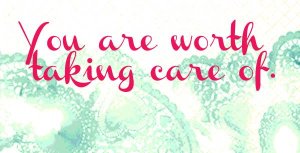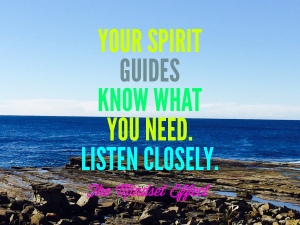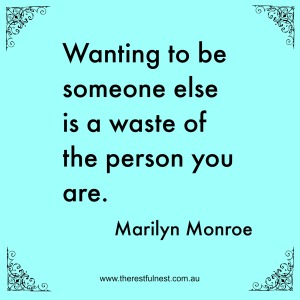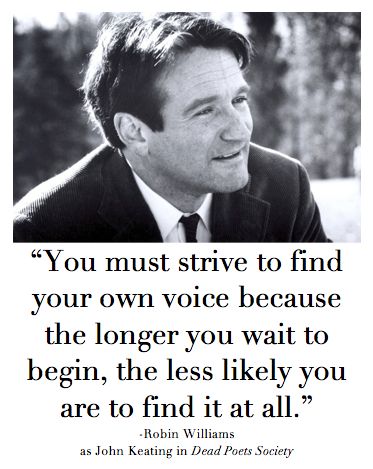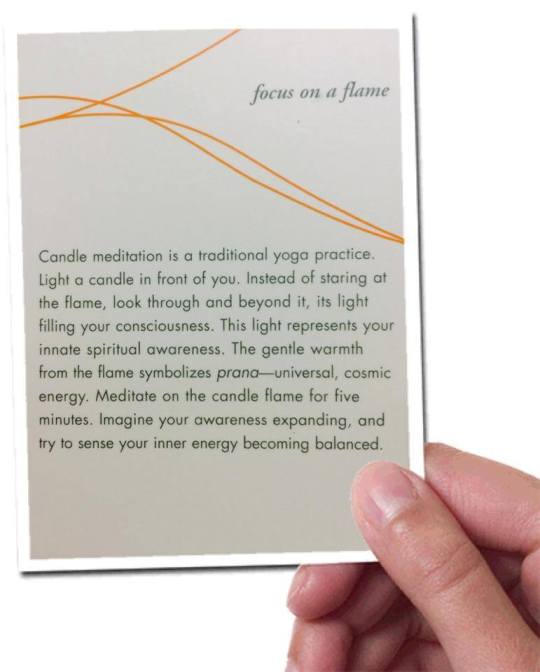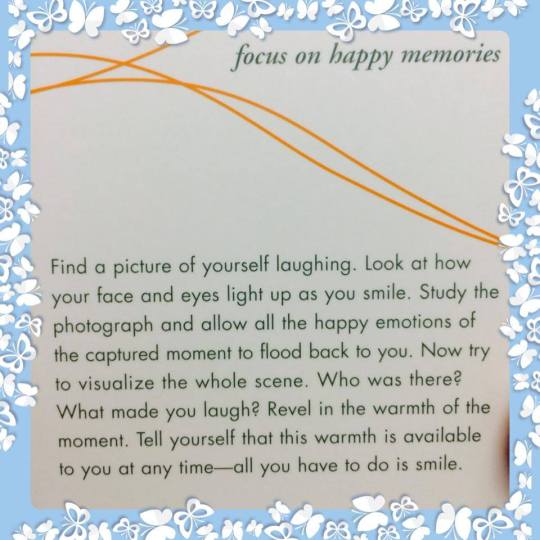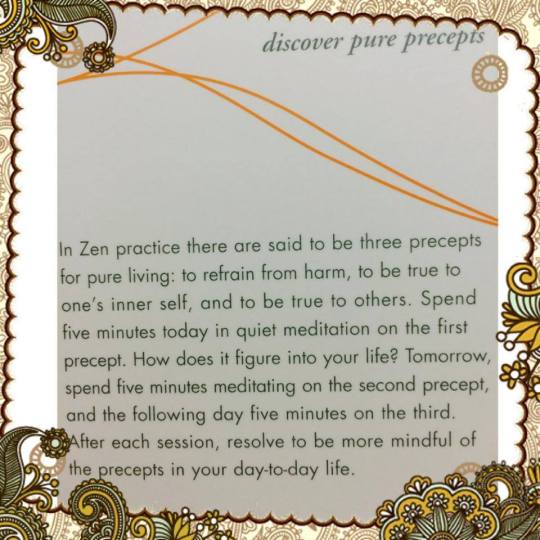Stress and Mental Wellness
I’ve had thoughts running through my head about what I wanted to talk about for this post. I think the message I want to get across to you all is about how you can either support your mental wellness, or allow stress to overwhelm you and ultimately reduce your sense of wellness.
I think the first thing we need to do though, is to understand what we’re aiming for when we use the word “wellness”.
What does “mental wellness” mean to you? Is it the same as what it means for other people in your life?
As much as I’d like it to be as simple as referring to the dictionary, as we have for other definitions in this series, I’m not convinced it’s that easy. I think the definition of mental wellness is different for everyone.
For me, I think it overlaps and is impacted by our physical wellness. I certainly feel better if I don’t have any physical illnesses or injuries! And I know that my mental and emotional states are linked, for better or worse! I actually describe my mental wellness using my emotions. How can they not be linked, right?!
The first words that come into my mind to describe mental wellness are centred, calm & peace.
When my mind is chaotic, when I have a lot of stuff to get through, when I don’t know how I’ll manage it, and when I feel pressured, isolated and alone, it is much harder for me to call myself mentally well.
When my mind is well, I function well. I’m able to get up in the morning and I’ll want to face the day. I’ll be excited to go into work and do the job I love. I’ll look forward to interacting with clients, colleagues, friends and family. I’ll be motivated to do the things I need to do, even if they aren’t things I’m particularly excited about. I mean, who really gets excited about doing the dishes or doing paperwork? Not me!
And I’ll have the energy to do them. Energy is important, and if you don’t have it, it’s a sure sign that you’re probably stressed. I mean, there’s being tired at the end of a busy day, but when it’s that deep, bone weary fatigue that persists day after day and doesn’t lift, you may need to look deeper. And one of the first places to look is at your stress.
Back to wellness … My mind will be clear. I’ll be able to access my creativity. I’ll be able to solve problems. And I won’t feel particularly anxious or stressed. I’ll feel cheerful, will be able to appreciate and laugh at jokes and I’ll feel grateful and blessed to have my life, even if it’s not always smooth sailing.
So how do I get this feeling? Even though I’m not always good at it, and I’m a work in progress (aren’t we all), I get it by looking after myself. By recognising and acknowledging the signs of stress my body gives me (check back next week for a post on that).
These are some of the things I use:
- Eating healthily
- Regular movement (I don’t always go hard – look out for a post on this too)
- Regular time out (me time) doing things I love away from work
- Mindfulness
- Time with friends
- Journaling
- Plenty of rest
- “switch-off” time
- Pampering time (getting my hair done etc)
- Regular therapy appointments (while debriefing with someone objective is awesome for clearing my head and getting really clear on what’s important to me, I’m also including medical therapies here. For me these are with my General Practitioner, kinesiologist, acupuncturist, massage therapist etc.
I find that when I do these practices regularly and make my wellness a priority above everyone else in my life (including family and clients), I maintain my mental wellness. Which results in so much more to give to the important people in my life.
Do you make regular time to take care of yourself? I’d love to hear about it in the comments below!

